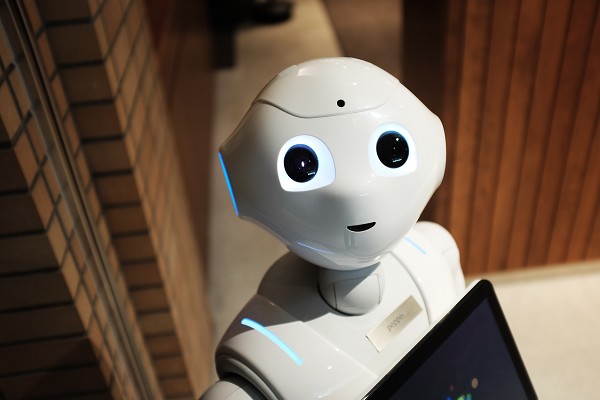Harnessing the Power of AI
Scott Muncaster, the Owner and Managing Director of Adactus, a people-first software company, dives into the transformative potential of AI in the hospitality business landscape.
The potential changes driven by AI are far-reaching and will affect almost every industry. If I was to pick three significant developments, they’d be in roles requiring analysis/diagnosis, decision-making and communication, starting with the moderately difficult, repetitious tasks, then quickly learning to do the harder stuff, better than humans.
Analytical elements of roles that require an interpretation of data – whether that’s a GP, a mechanic, or an insurance broker – can be done by an automated AI system. Available 24/7, with an infallible memory and access to the sum of all recorded learning, it is more efficient, knowledgeable, and accurate than even the best human subject matter expert in taking in information and reading back what it means.
Once an analysis or diagnosis is made, AI can make the best rational decisions in commercial enterprises, to guide the direction of your business. We already see this in travel, for example, with companies like Airbnb using AI to set prices for rooms or properties based on demand to maximise occupancy.
In both gathering information for analysis/diagnosis and then sharing the output from decision-making, AI will learn and develop comparable communication skills to humans, but at more scalable and sustainable levels. Communications with customers – or patients, or service providers – can be handled by AI at any time, speaking to many people simultaneously, in their own language, in terms we know they understand. It can learn and tailor the best way to get an accurate description of needs, symptoms, dreams… then communicate the proposed solution with the same absolute clarity, free of mood, bias or ‘just having a bad day’.
AI will help businesses to be faster and more certain in what they do. AI can segment customers on a far greater number of data points than a human can comfortably handle – or even see – then quickly run test-and-learn trials to prove its hypothesis on what will increase sales.
It will apply scientific discipline to analysing results. Scientifically managed, it shouldn’t suffer the flaws of badly-executed evaluation, bias, or rose-tinted glasses to see the desired outcome or say “See, I told you”.
In terms of what entrepreneurs can do to leverage the technology effectively, I believe they just need to start. Assign time (and some budget) to AI and automated systems. Ensure data collection processes are up to scratch, allowing you to capture high-quality customer data at every touch point. Be prepared to be data-and evidence-driven.
Today, while AI remains narrow and singularly focussed, it may be tempting to dismiss it as not-quite-realistic human avatars who make mistakes or have ‘hallucinations’ when asked simple questions. It may seem to be a bit too new, too ‘clunky’ – especially when it comes to communication. However, the data-driven principles behind it – removing bias, making it fast, always available, and multi-tasking – are already a big leap forward over human know-how. Once the front-end interfaces have developed a little further, to the point where we’re all as comfortable interacting with AI bots as we are with humans, the possibilities really do become endless.
Don’t miss our presentation at The Hospitality Tech Expo where we will go into this in more detail.
Adactus.co.uk





